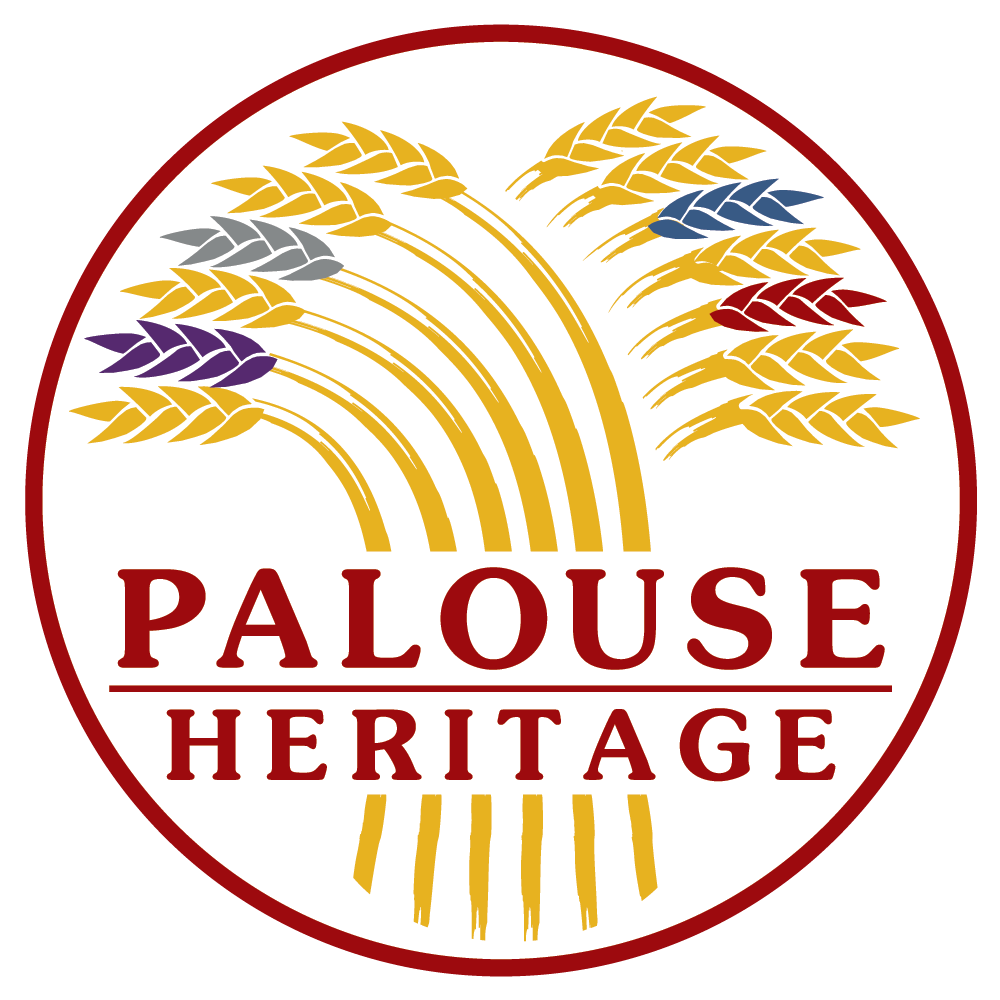“One Dinner” with Palouse Heritage and the Inland Northwest Food Network
Founder Teri McKenzie of the Inland Northwest Food Network is passionate about health and heritage! Since establishing the organization five years ago in the Spokane-Coeur d’Alene area, she has spearheaded dozens of events across the region to promote local agrarian economies through farm-to-table dinners, seed swaps, and cooking classes. Her friendship with my brother and Palouse Colony Farm co-founder, Don Scheuerman, led to a wonderful evening last month at Spokane’s acclaimed Ruin’s Restaurant for the Inland Northwest Food Network's monthly "One Dinner" featuring Palouse Heritage. We arrived right on time but were lucky to find a seat so were grateful we had made reservations. All the folks at our table were “Ruin’s Regulars” from the city who enjoyed hearing Don talk about life on the farm and the nutritional benefits of heritage grains.
Chef Tony Brown crafted an incredible menu of eight small plates paired with specialty drinks, which more than enough for the hearty appetites present around our table. Among my favorites were the farro risotto with white miso and crumbled cheese, Shaun Thompson-Duffy’s Culture Breads made with our Palouse Heritage Crimson Turkey wheat flour, and those incredible pulled pork sliders! My wife, Lois, raved about the braised beef and barley with sweet potato, and we both loved the rye bread pudding Tony devised with huckleberry curd and custard. Should have asked for that recipe! Since my German paternal grandmother made the most delicious rye bread while Norwegian maternal Grandma Peterson made every dessert possible out of huckleberries she loved to gather, I suppose I come by passion for Tony’s bread pudding naturally. Topping off our wondrous evening was Bellwether Brewing’s Smoked Palouse ESB made with our Scots Bere heritage barley malt.
Something else we found interesting at our tables were colorful handouts listing “15 Reasons to Eat Locally Grown Grain.” Here are a few of the entries:
Local grains taste better. Farmers grow a diverse variety of wheat and other grains, and these products travel a more direct path from the field to your pantry. Without the conventional additives, local grains have more interesting flavor profiles and taste better.
Supporting local grains rebuild regional food systems and the regional economy. In addition to the on-farm jobs they support, local grains require processing, storage, and distribution. This means more regional-scale infrastructure and jobs in these facilities. It also paves the way to create other regional food infrastructure for products like meat, pickled and processed goods, and more.
Nothing makes truly “artisan” bread like truly artisan grains. Bakers using regional grains are constantly innovating to celebrate the diverse flavors and characteristics of local grains, creating a richer array of products.
You can cook it, bake it, and brew it.
Because the “staff of life” should be local too.
Bread is agriculture! And so is beer, cake, and granola.

